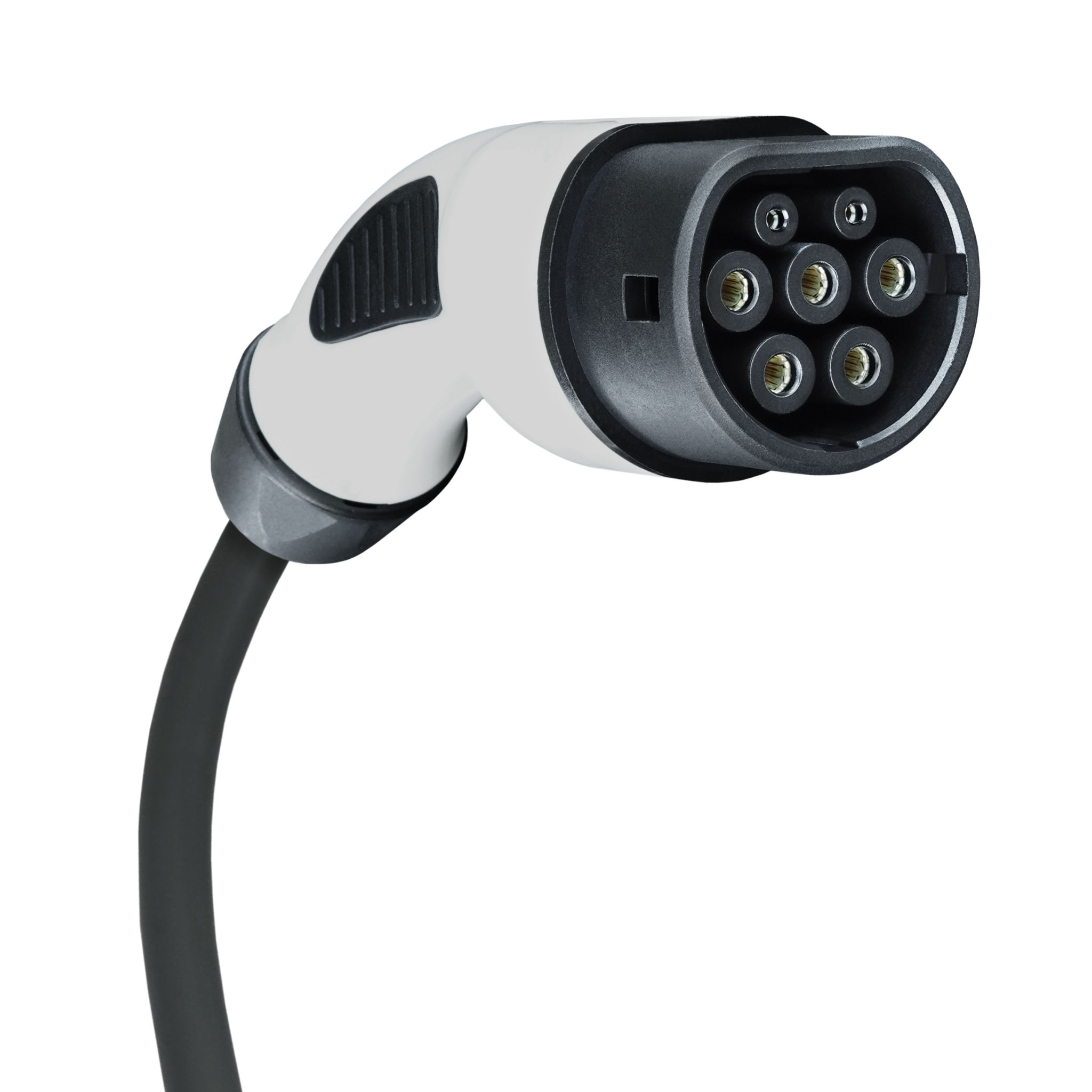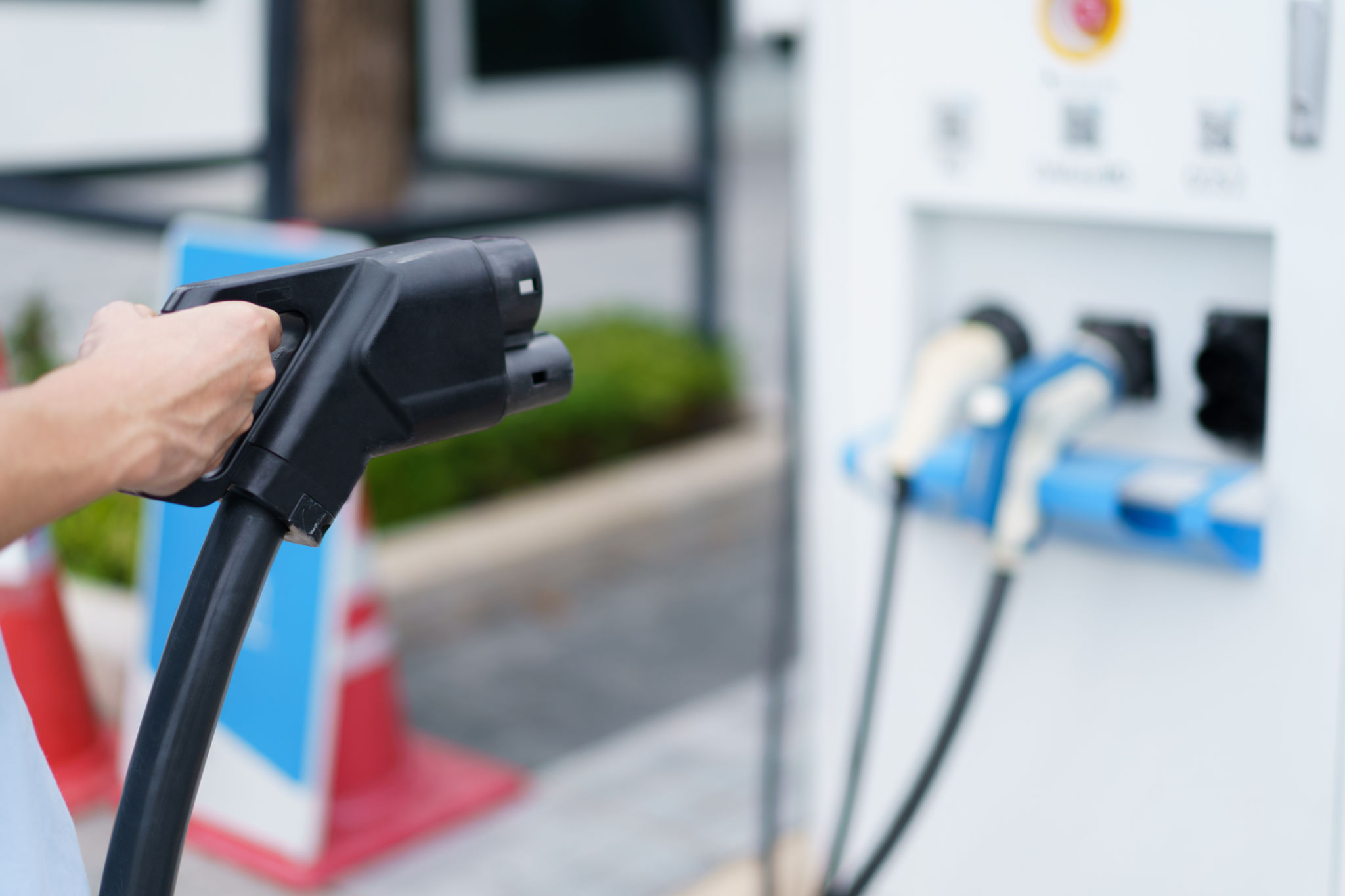Comparing Electric Vehicle Charger Options: Which One is Right for You?
Understanding Electric Vehicle Charger Types
As the popularity of electric vehicles (EVs) continues to rise, so does the need for efficient and convenient charging solutions. With multiple options available, selecting the right charger can be a daunting task. This guide will help you understand the different types of electric vehicle chargers and determine which one is best suited to your needs.
Electric vehicle chargers are generally classified into three categories: Level 1, Level 2, and DC Fast Chargers. Each type offers different charging speeds and features that cater to various driving and lifestyle needs.

Level 1 Chargers: The Basics
Level 1 chargers are the most accessible option, as they use a standard household outlet to charge your vehicle. These chargers typically deliver around 4 to 9 kilometers of range per hour of charging, making them ideal for overnight charging or for those who drive short distances daily.
While Level 1 chargers are convenient and cost-effective, their slow charging speed might not be suitable for everyone. If you require faster charging due to a longer commute or frequent travel, you might want to consider other options.
Level 2 Chargers: A Step Up in Speed
Level 2 chargers offer a significant improvement in charging speed, providing about 16 to 95 kiomteres of range per hour. These chargers require a dedicated 240-volt outlet, similar to those used by large household appliances. While installation may incur additional costs, the convenience and efficiency of faster charging often justify the investment.

Level 2 chargers are ideal for EV owners who have higher daily mileage needs or those who want quicker turnaround times between drives. They are commonly found in public charging stations, workplaces, and can also be installed at home.
DC Fast Chargers: The Ultimate in Speed
DC Fast Chargers, also known as Level 3 chargers, are the fastest option available, delivering up to 160 kilometers of range in just 30 minutes. These chargers are perfect for long-distance travel or when you need a quick charge on the go.
However, DC Fast Chargers are not typically installed at home due to their high cost and power requirements. They are more commonly found at highway rest areas and commercial locations. It's important to note that not all EVs are compatible with DC Fast Charging, so checking your vehicle's specifications is essential.

Key Factors to Consider
When choosing the right EV charger for your needs, consider the following factors:
- Driving Habits: Evaluate your daily mileage and how often you need to charge your vehicle.
- Compatibility: Ensure that the charger is compatible with your EV model.
- Installation Costs: Factor in any costs associated with installing a higher voltage outlet or charger unit at home.
Public vs. Home Charging
Another consideration is whether you will rely primarily on public charging stations or if you plan to install a home charger. Public stations provide convenience when traveling but may incur costs per use. A home charger offers the luxury of overnight charging and potentially lower energy costs.
Ultimately, the best charger for you depends on your specific needs and circumstances. By understanding the differences between Level 1, Level 2, and DC Fast Chargers, you can make an informed decision that enhances your EV experience.
